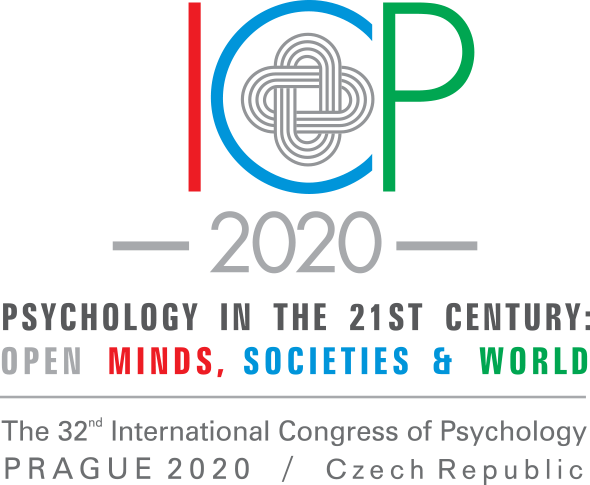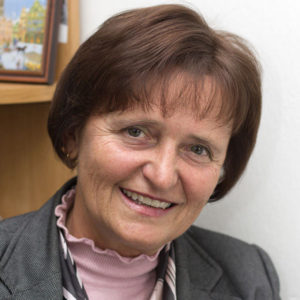

Developmental Psychology Working Group


Lenka Šulová
Chair
Charles University, Faculty of Arts, Dept. of Psychology

Markéta Hrdličková
Vice Chair
Children'scentre, Thomayer Hospital, Czech Republic
Working group members:
- PhDr. Eva Šírová, Ph.D.
- doc. PaeDr. Anna Kucharská, Ph.D.
- PhDr. Lenka Krejčová, Ph.D.
- doc. PhDr. Lenka Lacinová, Ph.D.
- prof. PhDr. Petr Macek, CSc.
- doc. PhDr. Irena Sobotková, CSc.
- PhDr. Jaroslav Šturma
- PhDr. Monika Vaňková, Ph.D.
Developmental psychology includes general topics that concern theoretical conceptualisations and methodology as well as connect the developmental approach to other areas of human psychology (developmental psychopathology, developmental social psychology, developmental psychology of identity etc.). Current theories of life-long formation of the psyche (life span development) emphasise that it is necessary to look at mental development as a plastic, complex and whole-life process that adapts to the changing internal and external conditions of an individual’s life. This concept responds also to the systematic approach to research mental development and the effort to view an individual’s development in all of its connections and contexts (biological, neurophysiological, social, cultural). The traditional topics of developmental psychology focus on the description of psychological characteristics and their changes in each developmental period on the fields of cognitive, free will, emotional and social development in the course of life. Besides that, the application of developmental psychology branches out to a whole line of specific topics that are directly connected to psychological practice (counselling psychology, school psychology, learning disorders and possible interventions, psychology of early development, therapy addressing the early relationship between mother and child, substance abuse by children and adolescents, critical intervention for children, family therapy).
One of the key terms both in research and in social practice related to developmental psychology is the quality of life across all age periods. The mission of developmental psychologists is to study and protect an individual’s healthy mental development; to identify and strengthen an individual’s resources and options.
Key areas:
- Universality of development, intercultural psychology
- Understanding everyday development as the aim of developmental psychology: ecology of research and naturalist methods
- Epigenetics and developmental psychology
- Role of neuroscientific research in developmental psychology questions
- Theory of mind
- Connection between new technology and the child’s mental development
- New trends in the education system and their value for the child’s future
- Intergenerational communication
- Shift of the family as the key socialisation agent, changing parental roles
- The child’s early mental development, new challenges and risks
- The child’s speech development and its present specifics
- Processes and changes in the formation of identity in the course of a lifetime
- Risks and resilience in the child’s development (trauma, deprivations, child outside of own family)
- Development of self-efficacy and self-image during the adolescence period
- Health and social risks of adolescents
- Positive Youth Development and its cultural specifics
- Mental, social and cultural aspects of the transition into adulthood
- Early adulthood, its demands and specifics in present times